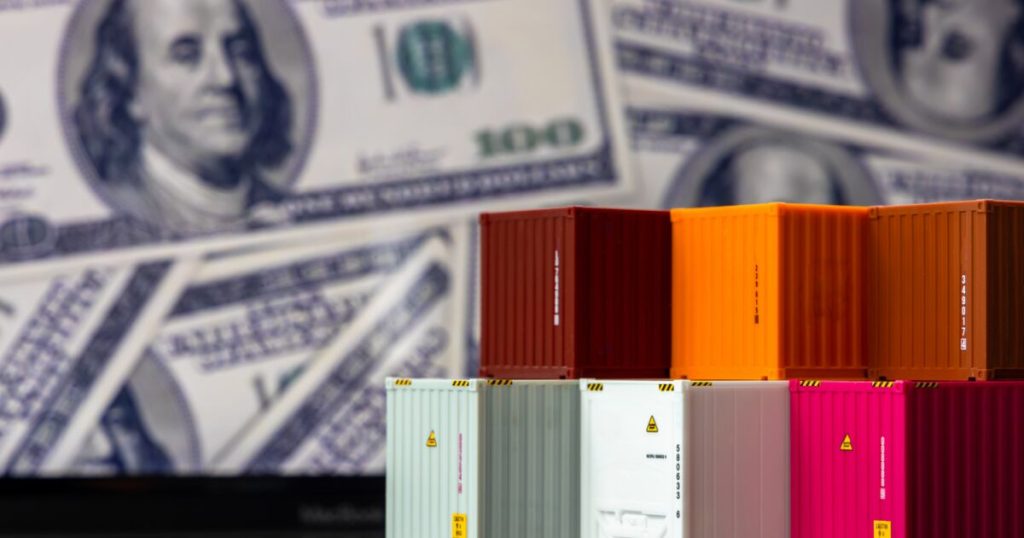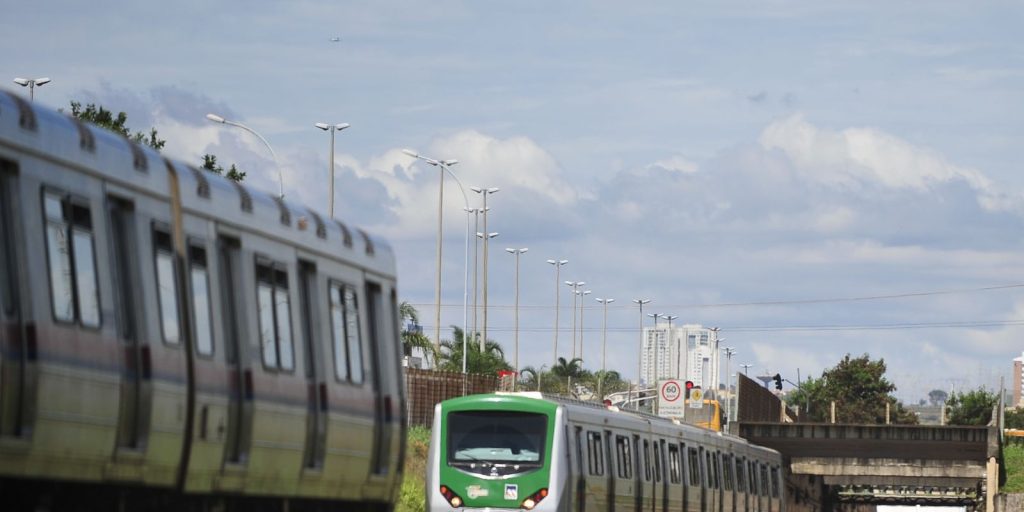With the pot scraped and the need to raise at least the $12 billion that fell with the collapse of the tax reform, the government of President Gustavo Petro started the year reviewing the different paths it has to overcome the fiscal squeeze that the country has been experiencing for months, while most experts ask to spend less.
Proof of this are the recent statements by the director of the National Planning Department, Alexander López, who made it clear that there will be no spending cuts and that the missing item will be postponed and not cut. waiting for things to improve and they will risk a new tax reform.
Other news: ‘Chronicle of a death foretold’: unions refer to the situation in Puerto Carreño
“The resources are insufficient and we are going to insist that Congress must approve either a financing law or a new tax reform where those who have more, where those who have been protected by Congress itself, pay the taxes they “They have to pay so that the most vulnerable sectors can definitely receive support from the State and receive the resources that are required,” he stated.
In this way and although relations with the Senate and the House are not the best, both in National Planning and in the Ministry of Finance reiterated that the most viable alternative for them is to make a new adjustment to the tax scheme, the second since President Petro came to power a little over two years ago.
National Planning – Alexander López.
Courtesy – API
Slow effects
In order to find out if this measure is viable for the interests of the Government, Portafolio spoke with several analysts and tax experts, who pointed out, first of all, that unless items such as VAT, the tax on financial movements or the consumption tax, there will not be the desired effect and the resources would arrive very late.
This is the case of Mauricio Piñeros, managing partner of Gómez-Pinzón Abogados, who explained that the effects of taxes are usually annual and that therefore, any change would begin to take effect in the year incoming and in some cases the money would be held until 2027, generating an unwanted effect.
“A tax reform is a measure that would allow the Government to raise funds to finance expenses. However, in order to raise funds this year, 2025, in which the reform would be approved, short-term taxes such as VAT or instant taxes such as the GMF, or consumption taxes such as taxes on single-use plastics or ultra-processed foods,” he explained.
Also read: Davivienda denies signing an agreement with Scotiabank to buy its operation
This analyst added that without knowing the text of a reform it is impossible know which sectors would be most affected, but warns that “if the path is not the adjustment of tax rules, privatization of State assets could be considered, which would not be a policy in line with this government, or a greater reduction in spending.” .
Although for the Ministry of Finance and the Department of National Planning, the shortfall in the accounts is only $12 billion, since the General Budget of the Nation sets income for $511 billion and expenses for $523, it should not be overlooked that Projections from other centers place this gap between $28 billion and $52 billion for the period that has just begun.

Ministry of Finance and Public Credit.
Photo: CEET – Néstor Gómez
Because of this, Lisandro Junco, former director of Dian, states that this path “is not correct, it is not technical, nor is it adequate, because the budget is not underfunded by $12 billion, it is underfunded by much more. So the point is that the money they are looking for is insufficient if they “They would like more resources to be able to finance their general budget of the Nation.”
“They have alternatives and they have not understood that it is working and not asking. Here the National Government has become a beggar for the Congress of the Republic to approve a tax reform and they have lamented when they have $48 billion, as of September, in the Dian portfolio and additionally they can sell assets of the SAE, the Special Assets Society, do not give them away, do proper management to be able to look for new income,” he explained.
With nowhere to get
Beyond insisting on a path that seems to have no exit, The experts who spoke with Portafolio pointed out that we must look at other alternatives, which, although there are not many, can constitute a decision that increases the tranquility of the markets and reiterates Colombia’s commitment to compliance with the fiscal rule.
For Horacio Ayala, also former director of Dian, at this time there are few sectors that can contribute more to items such as income tax, while from its concept it is not justified to touch VAT.
More information: Exports decrease 1.8% in November anticipating a downward trend in 2024
“I would take a look, for example, at the case of the free zones that have not been touched enough in order to do an analysis to establish whether the sacrifice that the State is making with the benefits granted to these entities are justified or On the contrary, they have no reason to exist, to the extent that “There has not been a substantial increase in exports as a result of this measure,” he indicated.
Additionally, it joins the voices that say that “the Government should take measures on the other hand, that is, save, not waste money as it is doing, for example, with the creation of Colombian representative offices abroad, which “They are not justified because they are often opened in countries that have no possibility of benefits for Colombia in terms of imports, for example.”

Taxes
iStock
Finally, Juan Camilo Riveira, partner at Holland & Knight, He explained that before saying whether the measure would work or not, it is necessary to know in detail the sectors or changes that would be sought to be made in a possible project, although he made it clear that it should not have a confiscatory approach.
“Trying to implement a new tax reform, in fiscal year 2025, could become counterproductive, since it would discourage the country’s economy, blocking the growth of companies and investors in Colombia, and affecting the legal security of taxpayers. ”Riveira said.
This expert closed by saying we must learn from the mistakes of the past and accept that true management of State spending and moderation in it, without leaving aside the measures that seek to reactivate the command economy to the sectors that have been most affected in recent years, would be a fundamental step.
















